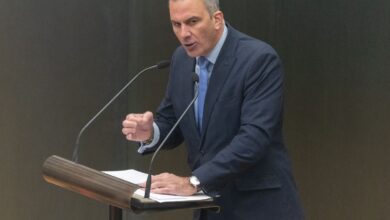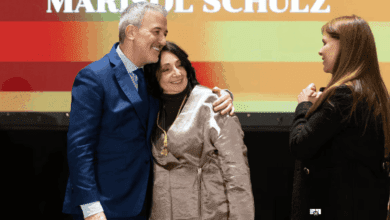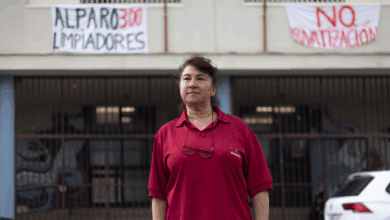
In recent weeks, Spain’s People’s Party has found itself at the center of fierce debates over the military actions in Gaza. Completely opposing opinions have surfaced within the party, giving the impression that it is made up of separate political forces. For example, the head of Extremadura, María Guardiola, publicly expressed outrage at the events, stressing that it is unacceptable to remain indifferent to the suffering of civilians. Meanwhile, the president of the Madrid Community, Isabel Díaz Ayuso, took the opposite stance, accusing the left of attacking Israel and calling for an end to the boycott, which she described as antisemitic.
The mayor of Madrid, José Luis Martínez Almeida, also spoke out, rejecting accusations of genocide against Palestine. These divisions have become especially apparent amid Israel’s tough military operation, which has sparked a wave of criticism in Spanish society. Alberto Núñez Feijóo, who leads the party, now faces a difficult situation: he must navigate between the diverse views within his party and public opinion, which largely condemns the mass casualties among Palestinians.
The party leadership is trying to avoid openly discussing the term “genocide,” despite pressure from the left, which insists on using this wording. While some party members describe Israel’s actions as a fight against terrorism, others emphasize that violence against civilians is unacceptable. Feijóo has chosen a cautious line, condemning both the actions of the Israeli military and Hamas, and calling for compliance with international law. However, he did not adopt the terminology used by Prime Minister Pedro Sánchez, opting not to characterize the events as genocide.
Internal party disagreements are exacerbated by pressure from VOX, which takes an even tougher stance toward Muslims and demands that the People’s Party follow its lead. In Murcia, for example, after joint decisions by the PP and VOX, Muslim holidays were canceled in municipal institutions, and Arabic language instruction in schools was discontinued. Against this backdrop, Feijóo faces a decision regarding the arms embargo on Israel announced by Sánchez. So far, the party has not taken a clear position, waiting for the text of the law to be published and trying not to aggravate internal divisions.
Official party representatives continue to insist on unity of views, yet the difference in rhetoric between regional leaders and the central leadership is becoming increasingly evident. While some are demanding that Israel adhere to the rules of warfare, others place full responsibility for what is happening on HAMAS. Whether Feijóo will be able to maintain balance and prevent a split within the party remains an open question.












